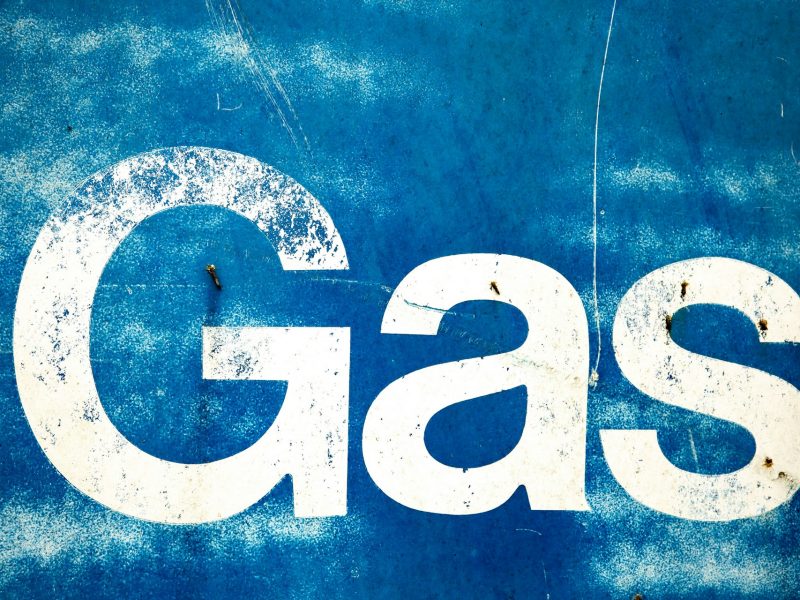With the new solar package, it has become even easier to install your own solar panel system on your balcony. However, there are a few things to consider with a balcony power plant.
Düsseldorf. For a few weeks now, connecting a balcony power plant to your household has been simpler than ever before. With Solar Package 1, the federal government has implemented several changes. In the future, even registration with the grid operator will no longer be necessary. This should further drive the boom in mini solar panel systems.
Since the energy price crisis, more and more people in this country have been installing plug-in solar systems. According to the Federal Network Agency’s Market Master Data Register, more than 400,000 mobile solar cells are now in operation. It’s no wonder: the systems are not too large, affordable, and promise a real savings effect.
However, there are a few things to keep in mind. According to the Consumer Center, whether the system is worthwhile depends, among other things, on the purchase price and the cost of electricity, as well as whether the module receives as much and as long sunlight as possible.
Expanding the original article to meet the character requirement:
The recent legislative changes have sparked significant interest among homeowners and renters alike. These mini solar panel systems, also known as balcony power plants, are especially appealing because of their straightforward installation and immediate impact on reducing electricity bills. The elimination of the registration requirement simplifies the process, making it accessible to a wider audience.
Many consumers are now exploring the financial benefits of these systems. The initial investment varies, but the potential for long-term savings is substantial. For example, a typical mini solar panel system can generate enough power to cover a significant portion of a household’s energy needs, especially during peak sunlight hours.
Environmental benefits are another major draw. By generating clean, renewable energy, users can reduce their carbon footprint and contribute to broader climate goals. This aligns with increasing public awareness and concern about environmental sustainability.
It’s also worth noting the technological advancements in solar panels. Modern systems are more efficient and durable, offering better performance over longer periods. Some new models come with smart features that allow users to monitor energy production and consumption in real-time, optimizing their usage and further enhancing savings.
However, potential buyers should carefully evaluate their specific circumstances. The geographical location, orientation, and shading of the installation site can significantly impact the effectiveness of a mini solar panel system. Consulting with experts or using online tools to assess solar potential can help in making an informed decision.
As interest grows, the market is also responding with more competitive pricing and financing options. Some companies offer leasing arrangements or payment plans, reducing the barrier to entry for those who might be deterred by the upfront costs.
In summary, while the new regulations have made it easier than ever to adopt mini solar panel systems, prospective users should conduct thorough research to ensure they maximize the benefits. With the right conditions and proper installation, these systems can be a smart investment, both financially and environmentally.
The recent surge in installations is a testament to the public’s growing appetite for sustainable and cost-effective energy solutions. As the technology continues to evolve and become more accessible, mini solar panel systems are likely to become a common feature on balconies and rooftops across the country.


